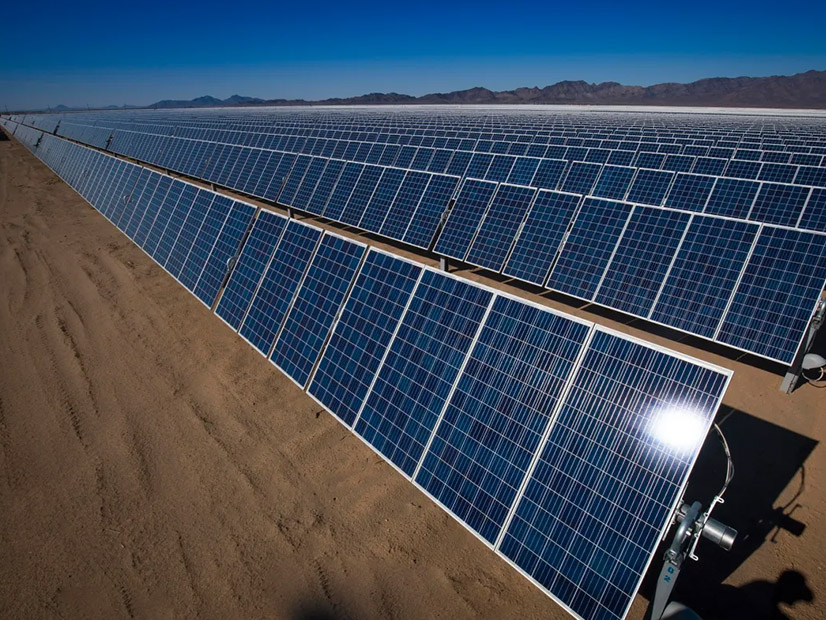NERC‘s Reliability and Security Technical Committee on Wednesday approved a whitepaper looking into the effects of distributed energy resources and their aggregations on the bulk power system. The whitepaper includes insights and high-level recommendations, including which security controls could be implemented and which they can avoid.
NERC is considering the issue as FERC Order 2222 is implemented, which requires all ISO/RTOs to open their markets to DER aggregations.
DERs also were the subject of an SAR (Standard Authorization Request), which failed to pass at the meeting Wednesday. The SAR would have required system operators to report the number of DERs that go offline during bulk power system defaults. They do have to report conventional supply that goes offline and DERs have been affected by grid disturbances in recent years.
NERC is trying to get an idea of how big an issue DERs present during bulk power system faults, said its Director of Reliability Assessments John Moura. The grid’s transition to more intermittent resources was covered with a couple of items at the meeting.
The committee voted to approve NERC’s Electric-Gas Working Group to support a study of whether regions have enough natural gas to meet the increased ramping needs intermittent resources produce until the capabilities of storage increase, or some other flexible and emissions-free technology gets to market.
The study was recommended by the North American Energy Standards Board’s Gas-Electric Harmonization Forum. (See NAESB Forum Chairs Push for Gas Reliability Organization.)
The EGWG also won approval of a guideline meant to ensure that registered entities have enough information to plan for procurement of enough natural gas to serve load as the use of the just-in-time fuel grows because of the need to balance renewables and the retirement of coal- and oil-fired power plants. The guideline will help them understand fuel supply chain risks and offer additional conditions and constraints, especially during extreme weather events.
The committee also heard details about another proposed SAR that would require transmission planners to use scenarios that include extreme weather, DER events, stress the interdependencies between power and gas and are cyber-informed. NERC’s Board of Trustees required the development of the SAR at its November 2022 meeting.
One question that was brought up is where to cut the off the standard because even if the transmission grid is “gold-plated,” natural disasters still will lead to outages.




